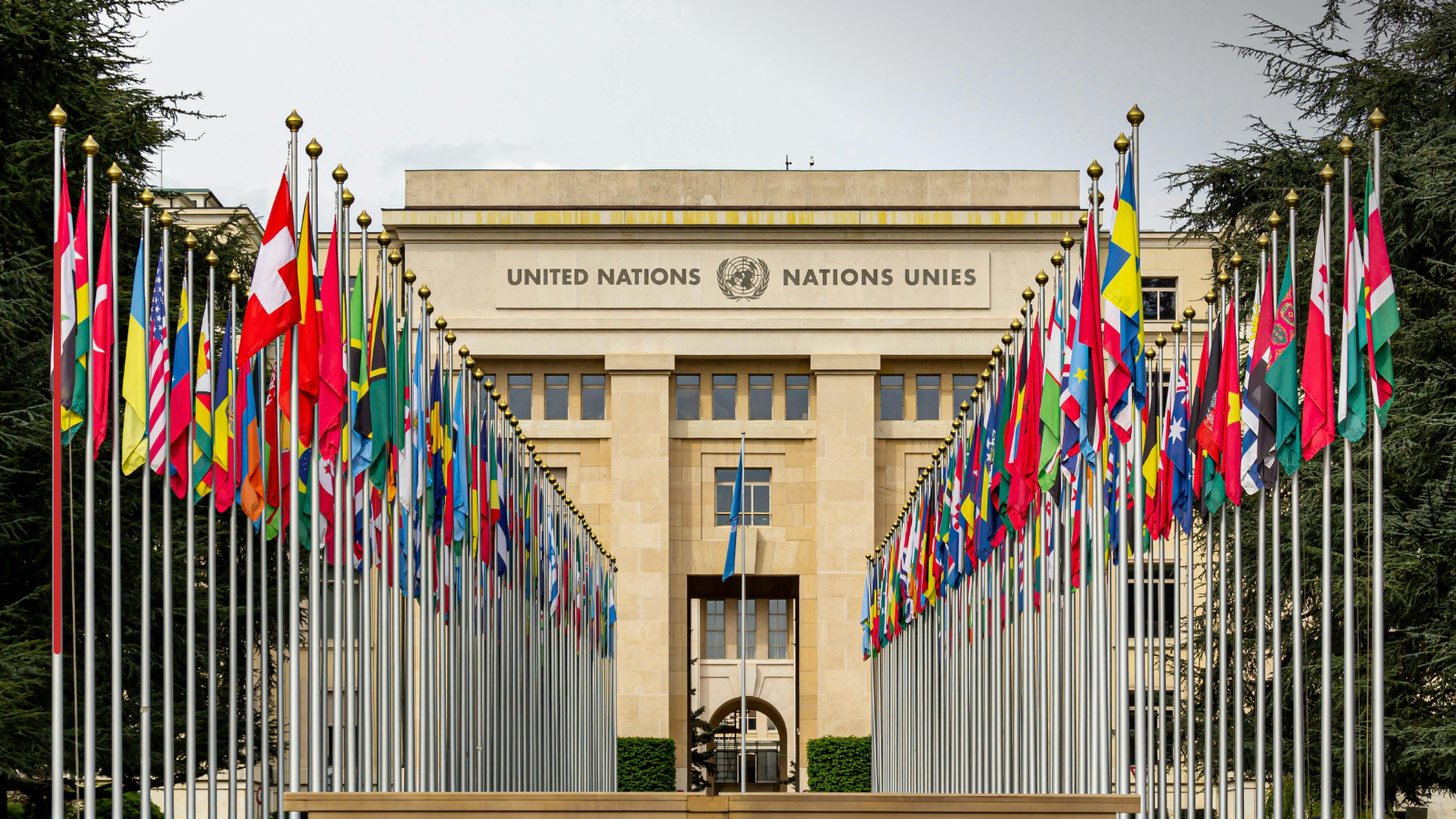Africa at the 80th United Nations General Assembly: what’s at stake for the continent?

The summit comes at a time marked by heightened geopolitical tensions, growing challenges to multilateralism, and increasing economic and climate-related shocks. It offers African countries a significant opportunity to highlight their leadership on the global stage, notably in advancing the international climate agenda.
As development aid budgets are cut, African leaders are also expected to use this platform to draw attention to the continent’s pressing financing needs and advocate for innovative solutions to bridge these growing gaps. In this complex and rapidly evolving global context, the continent is expected to reaffirm its commitment to multilateralism while advocating for a stronger integration into the UN system and a more inclusive international order.
About
Nathan Dérédec is a consultant at Concerto. He specialises in economic intelligence and politico-economic issues in Africa. Contact Nathan at nd@concerto-pr.com for more information.
QUICK INSIGHTS
- As the climate crisis intensifies, Africa is positioning itself as a key source of solutions – rather than as a victim – to tackle global challenges.
- The global decline in development aid, which disproportionately impacts Africa, is prompting the continent to strengthen domestic resource mobilisation, expand collaboration with the private sector, and forge new partnerships.
- In the face of escalating geopolitical tensions, Africa is emerging as a leading defender of multilateralism, while advancing calls for a greater representation at the UN’s decision-making bodies.
Advancing Africa’s role as a lead actor in global climate action
As the tenth anniversary of the Paris Agreement approaches, climate action is expected to take centre stage in the discussions at the UNGA. Yet while the goal of keeping global warming below the 1.5°C threshold appears increasingly elusive, Africa is emerging as a key player in the global fight against climate change. Two months ahead of COP30, the recent Second Africa Climate Summit, held in early September 2025 in Ethiopia, enabled Africa to demonstrate its leading role in the global climate conversation. The event builds on the inaugural Africa Climate Summit, convened in Nairobi in 2023.
Reflecting pan-African alignment on climate, the Addis Ababa Declaration outlined a clear agenda, calling on the international community to scale up financing to meet Africa’s green energy investment needs and to acknowledge the continent’s role as a solutions provider. Africa is notably seeking to raise USD 50 billion a year in catalytic finance for climate action, with a growing focus on advocating for adaptation. African leaders also emphasised the importance of increasing Africa’s share of global renewable energy investments from 2% to 20% by 2030, in line with the continent’s potential as a renewable energy hub. African countries are poised to reiterate these objectives at the UNGA, presenting a unified position on climate issues and seeking to translate the Addis Abeba commitments into concrete pledges.
Addressing the decline in development aid following budget cuts
As major donors, including the United States, the United Kingdom, France, and Germany, have announced reductions to their Official Development Assistance (ODA) budgets, Africa is experiencing a substantial decline in external support. The OECD projects a decline in bilateral ODA to sub-Saharan Africa of between 16% and 28% in 2025 compared to 2023, with a further contraction anticipated through 2026 and 2027, despite rising needs driven by ongoing conflicts and climate-related shocks. Given the high degree of aid dependence in many African countries, the continent, which received USD 73.6 billion in ODA in 2023, is one of the regions most affected by this shortfall. Ethiopia (ODA down USD 1.1 billion from 2023, or 35%), the DRC (ODA down USD 814 million, or 41%), and Somalia (ODA down USD 671 million, or 37%) are among the countries projected to lose the most ODA in 2026, according to the Center for Global Development.
Due to the unpredictability of ODA, African leaders are expected to turn further to private sector financing to enhance the scope and resilience of development funding. African countries support a shift toward long-term, structural, and targeted investment, moving away from the perception of the continent as merely dependent on aid. In addition, Africa is projected to mobilise domestic resources further, as advocated by Cristina Duarte, Special Adviser on Africa to the UN Secretary-General. However, in 2022, Africa’s average tax-to-GDP ratio stood at only 16%, compared to an average of 34% for OECD countries, limiting the continent’s fiscal space and its ability to respond to shocks effectively.
Empowering Africa as a pillar of stability in a time of multilateral crisis
In the context of a shifting international order and growing challenges to multilateralism, Africa has consistently reaffirmed – particularly at successive General Assemblies – its strong commitment to the multilateral system. The continent continues to rely on the UN to promote peace and security, while fully endorsing the implementation of the SDGs. At this critical juncture of global transition and uncertainty, Africa can serve as a pillar of stability and contribute constructively to the emergence of a more balanced and inclusive multilateral order.
While the African Group constitutes the largest regional bloc at the UN, with 54 member states, the continent remains underrepresented in the global system. African nations have long advocated for greater influence within UN bodies, notably by calling for at least two permanent seats on the Security Council – an initiative supported by countries such as China, India, and the United States. Such a reform of the multilateral system, a key priority for Africa, would shape global frameworks to further align with its interests and perspectives. It would also strengthen Africa’s role in the multilateral system and enhance collaboration between the UN and regional actors such as the African Union, a key focus in the face of the mounting security and economic challenges on the continent.
Découvrez nos autres case studies

Showcase the expertise of an international supplier of ICT services
Increase the visibility and raise the profile of a pan-African institution
Promote the image of a Central American country
Increase the influence of a pan-African logistics infrastructure company and raise its profile



